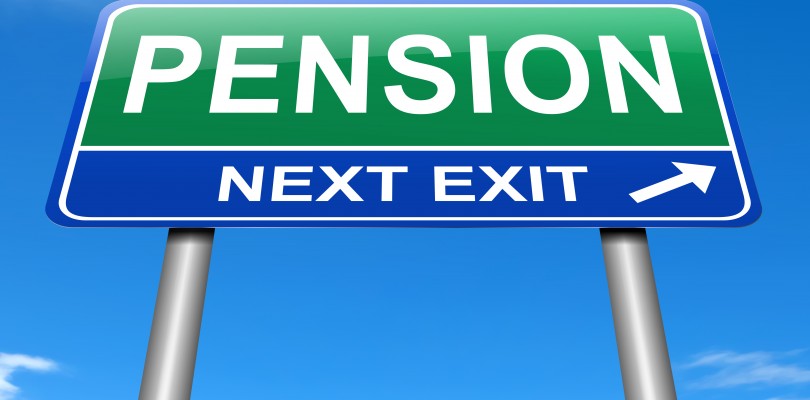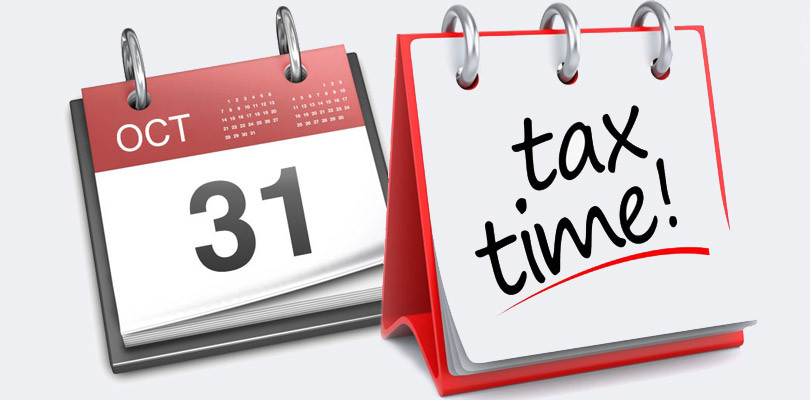Employer August reimbursements
The monthly business declarations to claim reimbursements for payments made to employees during August are required between 1 September and 14 September 2020.
Extension
Payments under JobKeeper have been extended to 28 March 2021 for eligible businesses (including self-employed) and not-for-profits
Tiered payment rates for JobKeeper extension periods
The following fortnightly payment rates will apply for eligible employees and business participants:
| Jobkeeper |
Date |
Tier 1
Full rate
|
Tier 2
Lower rate
|
| Jobkeeper extension 1 |
28 September 2020 – 3 January 2021 |
$1,200 |
$750 |
| Jobkeeper extension 2 |
4 January 2021 – 28 March 2021 |
$1,000 |
$650 |
The lower rate will apply to eligible employees and business participants working less than 20 hrs/week on average from 28 September 2020 – the average hours will be based on the four weekly pay periods before either 1 March 2020 or 1 July 2020, which ever produces the higher hours
Employers will be required to nominate the payment rate for each of their eligible employees or business participant.
Changes to eligibility
- Employees’ eligibility for the JobKeeper Payment can now be assessed from 1 July 2020, rather than 1 March 2020.
- Employees can now be nominated by new employers if their employment has changed since the JobKeeper Payment began. However, they can still only be nominated by one employer at any given time.
- Employers have until 31 August 2020 to meet the wage condition for new eligible employees under the 1 July eligibility test for:
Fortnight 10 – commencing on 3 August; and
Fortnight 11 – commencing on 17 August 2020
Businesses can claim reimbursement for their new eligible employees between 1 and 14 September 2020, when they lodge their August monthly declaration.
Your eligible business and not-for-profit clients can still enrol at any time until the program closes.
Assessment of eligibility
Employers will be required to reassess their eligibility by reference to their actual GST turnover relative to a comparable period in 2019:
| Jobkeeper extension 1 |
Actual GST turnover has fallen in the September 2020 quarter (July, August, September) relative to a comparable period (i.e. September 2019 quarter) |
| Jobkeeper extension 2 |
Actual GST turnover has fallen in the December 2020 quarter (October, November, December) relative to a comparable period (i.e. December 2019 quarter) |
The requirement to reassess a business’ eligibility to the Jobkeeper payment from 28 September 2020 implies that if the decrease in turnover is not satisfied for the Jobkeeper extension periods then the business will be ineligible to claim Jobkeeper payments from the ATO even though the business was eligible to the Jobkeeper payment previously.
If you need assistance with JobKeeper payment enrolment or reporting, CONTACT US without delay!
PHOTO CREDIT: ATO







